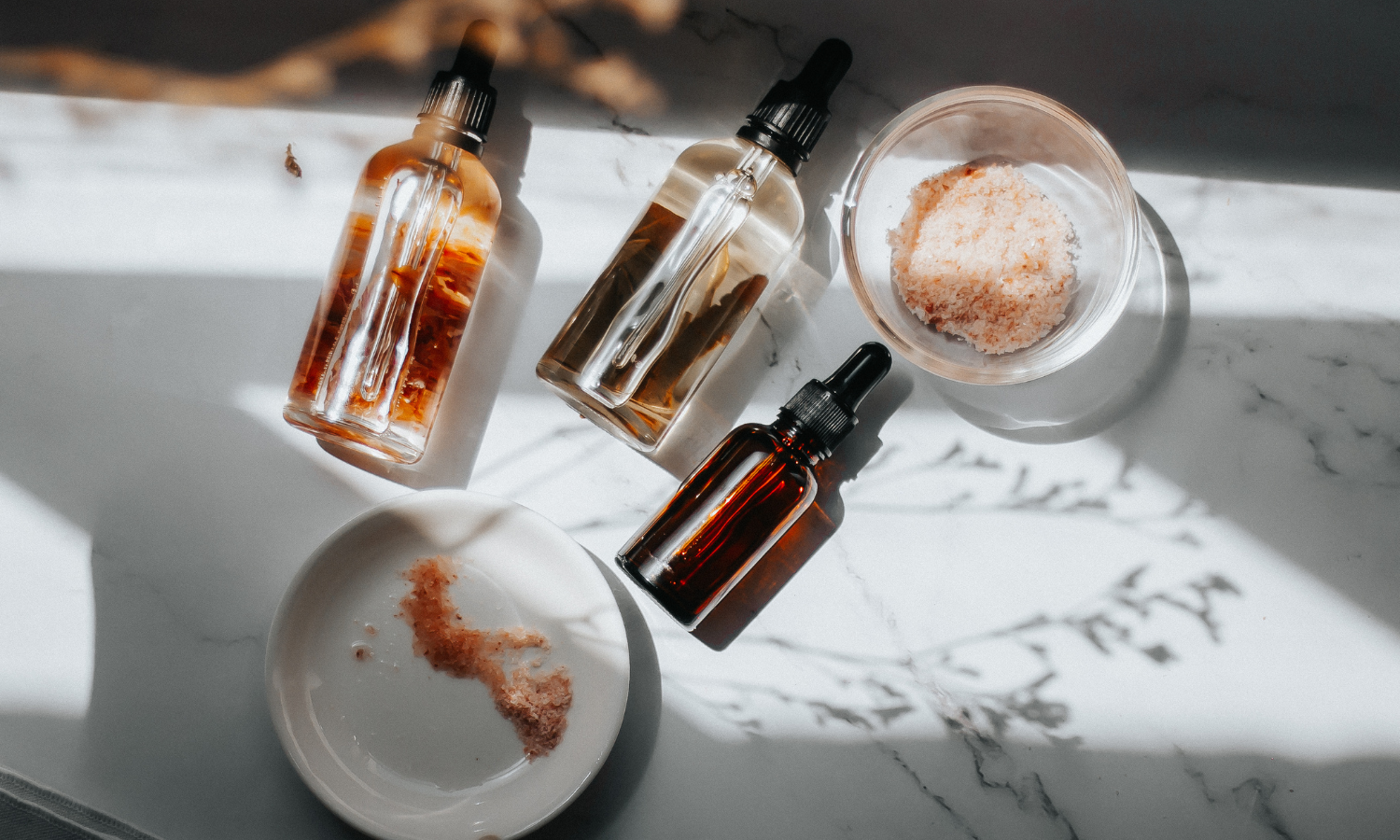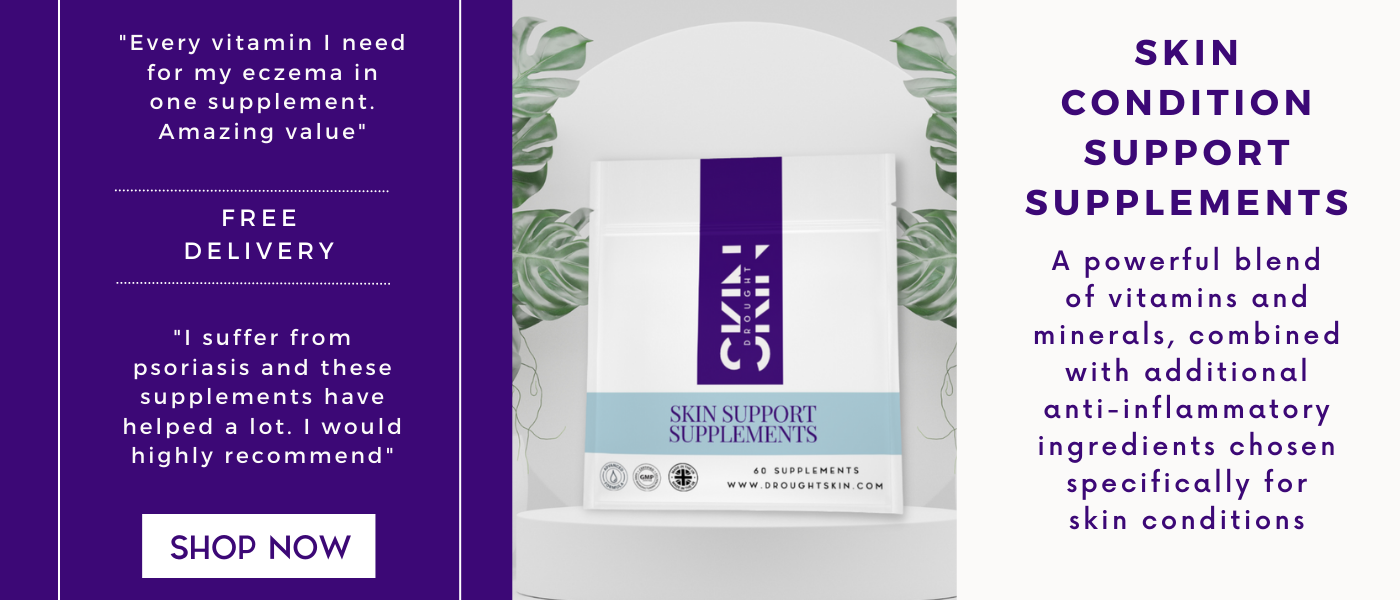Cetyl Alcohol + Acne: What You Need To Know
Cetyl alcohol is a common ingredient in many skincare products, but could it be causing your acne? This article explores the effects of cetyl alcohol on the skin and whether it can contribute to breakouts. Learn about alternative ingredients and tips for managing acne-prone skin.
What is Cetyl Alcohol?
Cetyl alcohol is a fatty alcohol that is commonly used in skincare products as an emollient, thickener, and stabiliser. It is derived from natural sources such as coconut oil or palm oil and is generally considered safe for use in cosmetics. However, some people with acne-prone skin may find that products containing cetyl alcohol worsen their breakouts.
How Does Cetyl Alcohol Affect the Skin?
Cetyl alcohol is a common ingredient in skincare products due to its emollient properties. Cetyl Alcohol can provide moisturising and smoothing benefits to the skin. It is commonly used in products such as lotions, creams, and serums to help improve the texture and appearance of the skin. However, for some people with acne-prone skin, cetyl alcohol can clog pores and exacerbate breakouts. This is because cetyl alcohol is a fatty alcohol, which means it has a larger molecular size than other alcohols and can be more difficult for the skin to absorb. If you have acne-prone skin, it may be best to avoid skincare products containing cetyl alcohol and opt for non-comedogenic alternatives instead.
Can Cetyl Alcohol Cause Acne?
Cetyl Alcohol itself is not known to cause acne. However, some people may be sensitive to it and experience breakouts or irritation when using products that contain it. For some people with acne-prone skin, cetyl alcohol can clog pores and make breakouts worse. This is because cetyl alcohol is a fatty alcohol, which means it has a larger molecular size than other alcohols and can be more difficult for the skin to absorb. If you have acne-prone skin, it may be best to avoid skincare products containing cetyl alcohol and opt for non-comedogenic alternatives instead. However, it's important to note that cetyl alcohol is not a direct cause of acne and may not affect everyone in the same way. It's always best to patch-test new skincare products.
Cetyl Alcohol can be listed under different names on ingredient labels, such as Cetearyl Alcohol, Stearyl Alcohol, or Behenyl Alcohol. It is important to read the ingredient list carefully and do research on any unfamiliar ingredients before using a product. If you suspect that Cetyl Alcohol is causing your acne, try avoiding products that contain it and switch to non-comedogenic alternatives. It is also important to maintain a consistent skincare routine and avoid using harsh or irritating products.
What are some alternatives to Cetyl Alcohol in Skincare products?
If you have acne-prone skin and want to avoid cetyl alcohol in your skincare products, there are several alternatives to consider. Look for products that contain ingredients like glycerin, hyaluronic acid, or squalane, which are all hydrating and non-comedogenic. We love Dermatica Anti-Breakout Balancing Glycerin Gel Cleanser which contains less harsh ingredients and is great for removing make-up for acne-prone skin. Dermatica also do a moisturiser (Dermatica Anti-Breakout Daily Soothing Centella Gel Moisturiser) oil-free and lightweight. For a gentler serum option, try Azelaic Acid 10% Face Serum which contains hyaluronic acid, effective for blackheads and acne. Other fatty alcohols like stearyl alcohol or Cetearyl alcohol may also be better tolerated by acne-prone skin. It's important to patch-test any new products and consult with a dermatologist if you have concerns about your skin.



